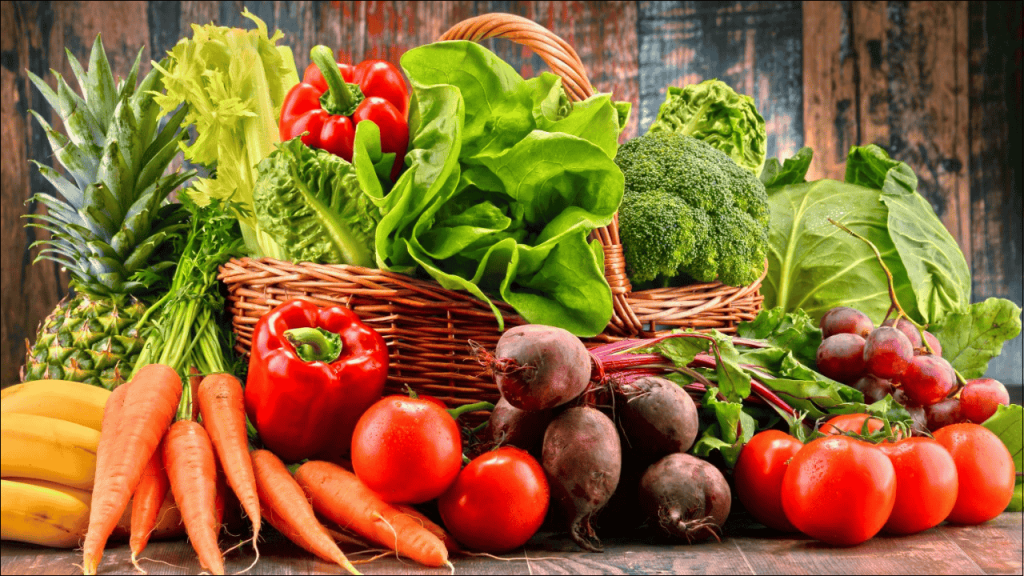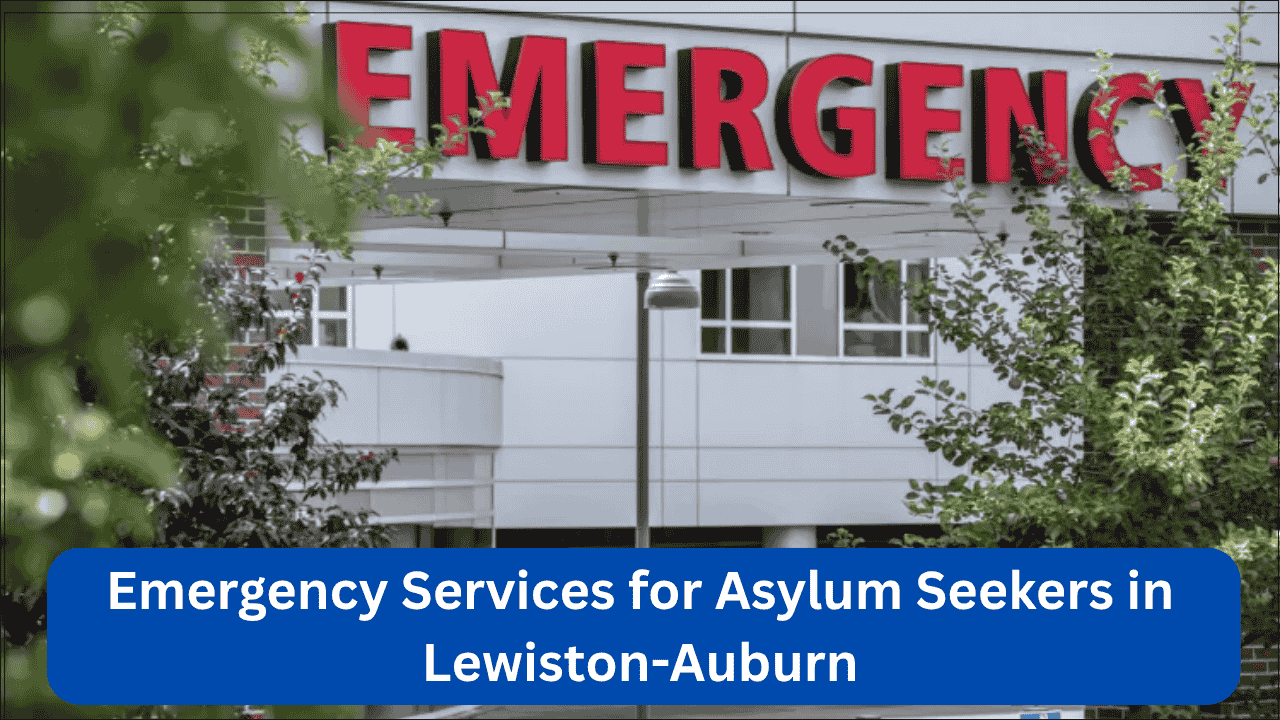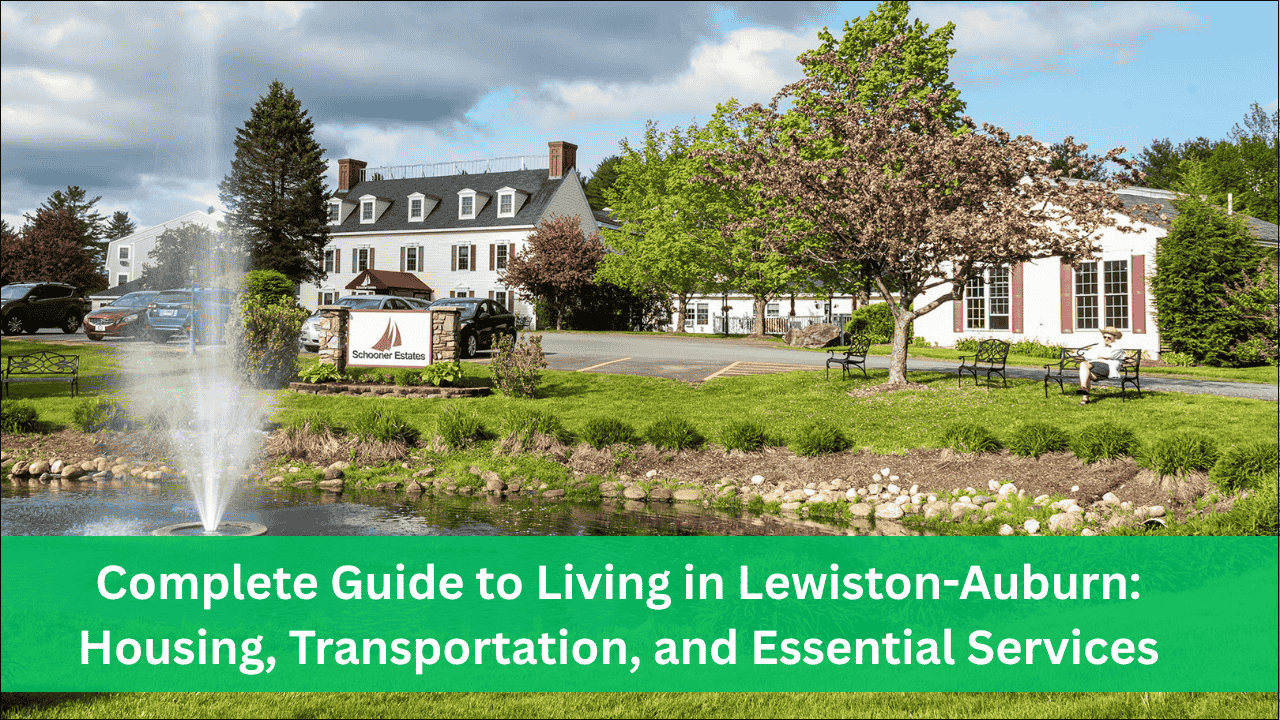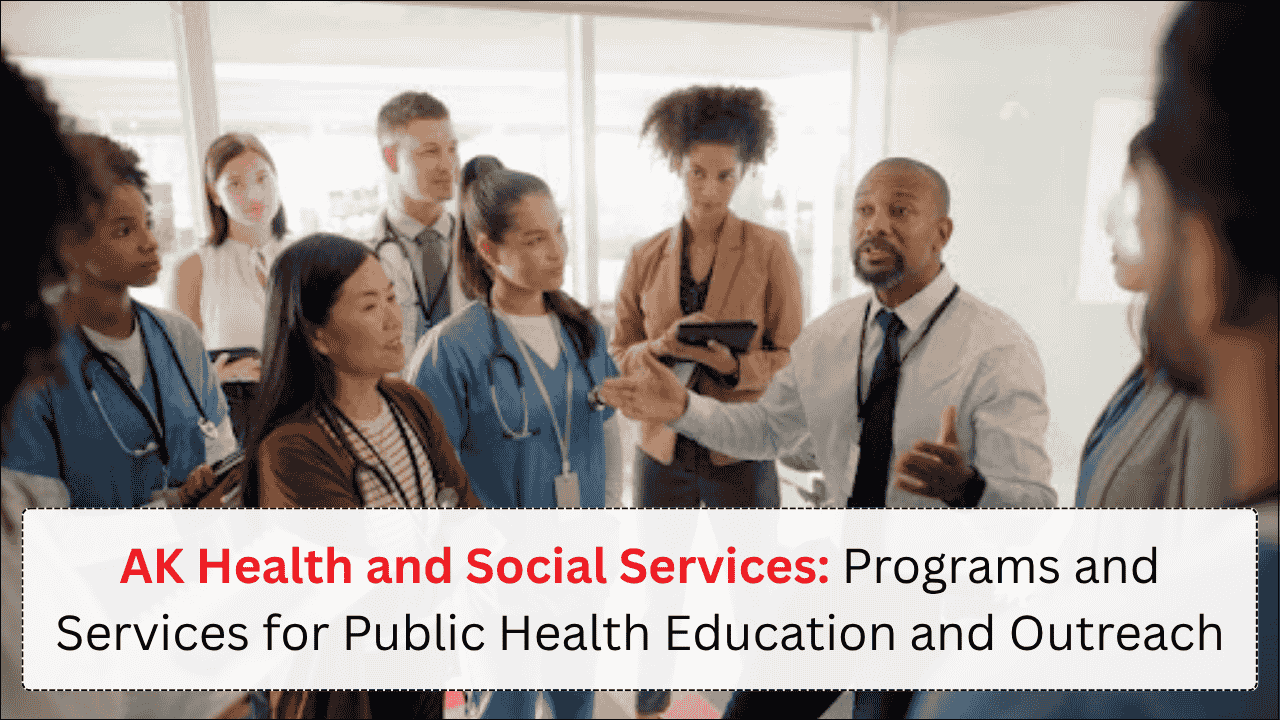
Food security and nutrition education are two major needs for communities facing poverty, health problems, and limited access to healthy food. AK Health and Social Services has created unique programs to support families, children, and individuals who struggle with food access and nutritional understanding. These efforts focus on prevention, empowerment, and collaboration with communities, rather than just temporary help. A strong focus is placed on local participation, cultural relevance, and long-term health improvement.
Table of Contents
Food Security Programs by AK Health and Social Services
Food security means having access to enough safe and nutritious food to lead an active and healthy life. AK Health and Social Services works to make this possible for everyone through multiple programs.
Key Food Security Initiatives
- Emergency Food Assistance
- Food boxes provided during times of crisis
- Collaboration with food banks and local partners
- Services available during natural disasters or job losses
- Food Distribution Programs
- Monthly or weekly supplies for families in need
- Focus on low-income households, elders, and disabled persons
- Special attention given to local foods and traditional diets
- Tribal Food Sovereignty Support
- Support for growing and collecting traditional foods
- Training provided in gardening, hunting, fishing, and preserving food
- Partnerships with local tribes and elders to restore food knowledge
- Community Gardens
- Shared spaces for families to grow vegetables
- Learning opportunities for children and adults
- Community members work together and share harvests
- Subsistence Food Access
- Protection of hunting and fishing rights
- Access to equipment and resources for rural families
- Culturally appropriate food gathering encouraged
Nutrition Education Services
Nutrition education is a key part of AK Health and Social Services. Good food habits help prevent diseases like diabetes, obesity, and heart problems. Teaching people how to eat well, cook safely, and make better food choices leads to healthier lives.
Major Nutrition Education Services
- School-based Nutrition Programs
- Children taught about food groups and balanced meals
- School meals improved with local and fresh foods
- Teachers trained to support health lessons
- Cooking Classes for Families
- Parents and children cook meals together
- Focus on low-cost, healthy recipes
- Use of traditional ingredients encouraged
- WIC (Women, Infants, and Children) Education
- Nutrition help for pregnant women, new mothers, and young children
- Personalized guidance on breastfeeding, baby food, and child nutrition
- Nutritionists and peer counselors offer regular support
- Nutrition Counseling
- One-on-one sessions with a registered dietitian
- Personal health goals discussed and planned
- Chronic condition management (diabetes, high blood pressure)
- Healthy Eating Campaigns
- Posters, radio shows, and social media tips
- Awareness of sugar, salt, and fat levels in common foods
- Focus on local foods and seasonal eating
Key Programs and Their Benefits
| Program Name | Main Focus | Target Group | Key Benefit |
|---|---|---|---|
| Emergency Food Assistance | Providing quick help with food during emergencies | Families in crisis | Food support during disasters or economic loss |
| Community Gardens | Teaching gardening and healthy eating | Local communities | Shared food, learning, and social interaction |
| Tribal Food Sovereignty Program | Supporting traditional food access and practices | Indigenous families | Strengthened culture and food independence |
| School Nutrition Education | Teaching students about healthy eating habits | School-aged children | Lifelong healthy food choices |
| WIC Nutrition Support | Offering nutrition advice to mothers and children | Pregnant women and children (0–5 yrs) | Healthier families and better early development |
| Cooking Classes | Demonstrating affordable and nutritious cooking methods | Low-income families | Improved home cooking and family nutrition |
Culturally Focused Food Services
Cultural respect is a major part of AK Health and Social Services’ programs. Traditional food knowledge is honored, and elders are involved in many activities. Food is seen not just as nutrition but as part of the community’s identity.
- Elder-Led Food Talks
- Story-sharing and food wisdom from older community members
- Youth listen, learn, and cook traditional meals together
- Cultural Food Celebrations
- Events that bring people together around traditional dishes
- Foods from local lands highlighted
- Cooking competitions and food festivals arranged
- Language and Food Workshops
- Native language terms used to describe food and cooking methods
- Helps preserve culture while learning about nutrition
Support Services Connected to Food Programs
Other services offered alongside food security programs create a strong support system. AK Health and Social Services makes sure that food access is tied with physical, emotional, and social well-being.
Extra Support Services Include:
- Transportation for Rural Families
- Vans or gas support provided for grocery store trips
- Access to food pantries made easier
- Mental Health Connections
- Stress and food insecurity often linked
- Counseling offered when food concerns cause anxiety or depression
- Job and Life Skills Training
- Classes help people earn better income
- More income leads to more food stability
- Housing Stability Programs
- Safe homes mean better places to cook and store food
- Families helped to avoid homelessness
Additional Support Services
| Service Name | Purpose | Link to Food Access |
|---|---|---|
| Rural Transport Assistance | Helping families travel to stores and food centers | Easier access to healthy foods |
| Mental Health Counseling | Supporting emotional well-being | Reducing stress caused by food insecurity |
| Life Skills & Employment Help | Teaching skills to earn income | More money to buy healthy foods |
| Housing Support Services | Ensuring families have stable living conditions | Ability to cook and store food safely |
Partnerships and Community Involvement
Strong partnerships are a backbone of AK Health and Social Services’ success. Working with schools, tribal councils, healthcare providers, and community centers allows a larger reach.
- Tribal Health Organizations
- Shared nutrition workshops and food programs
- Joint training and data sharing
- Local Farmers
- Supply fresh produce for food boxes
- Host farm tours and teaching sessions
- Volunteers and Youth Groups
- Help with garden care and food drives
- Learn leadership through service
Moving Forward
AK Health and Social Services builds stronger communities through food access and nutrition education. These programs are not only about feeding people but also about teaching, healing, and strengthening cultural connections. A focus on prevention, tradition, and local involvement helps families become more self-reliant and healthier over time. Long-term solutions and respect for cultural values guide every part of their work.





